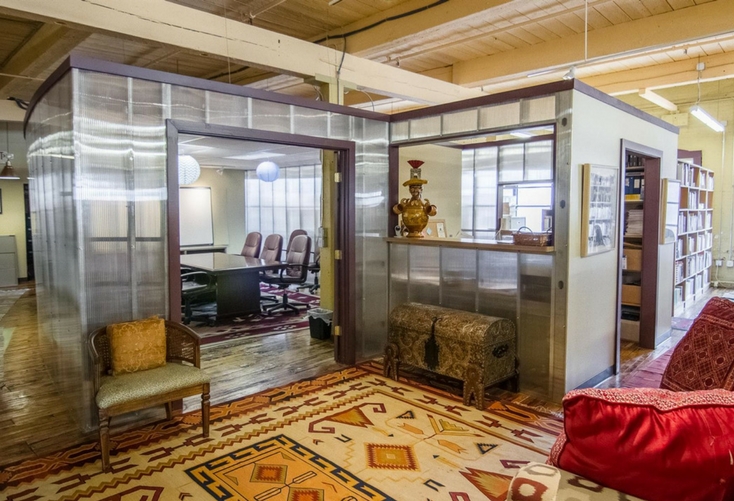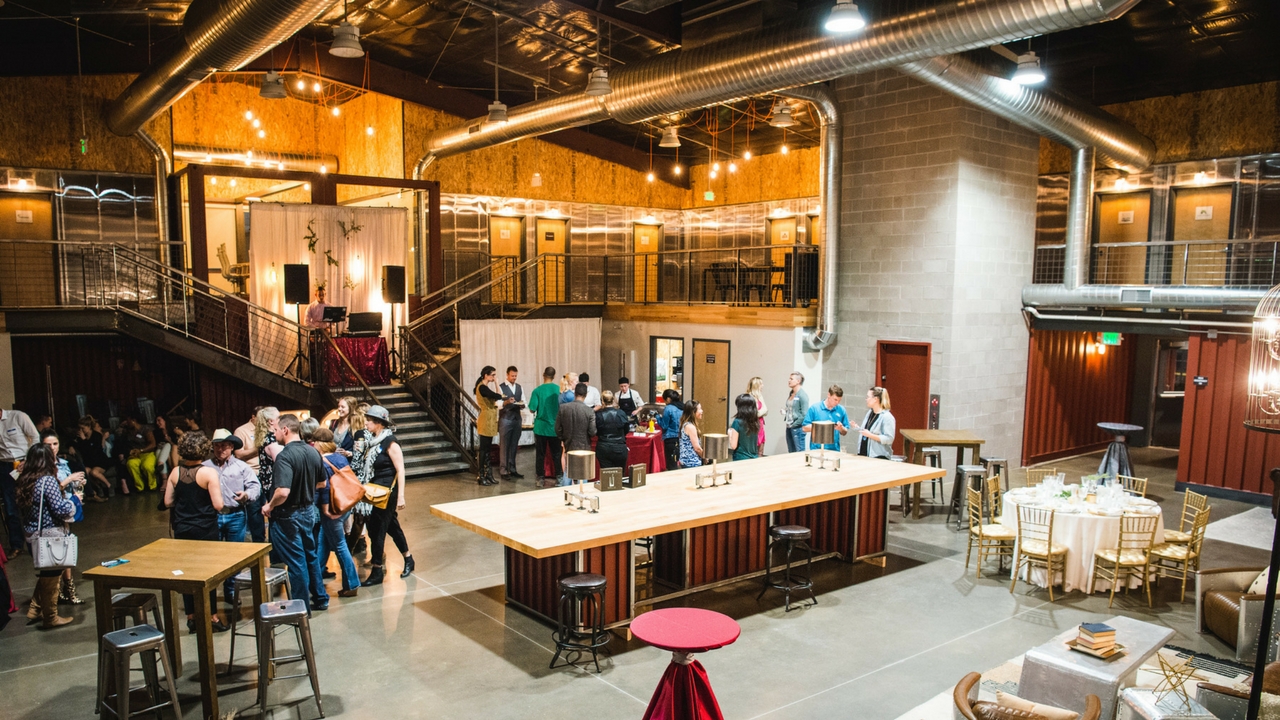Coworking is a fickle game. As WeWork admits it doesn’t expect to turn a profit this year and London’s coworking scene is facing rapid decline, the world’s niche coworking spots show no signs of slowing down.
For example, female-only NYC coworking space The Wing recently expanded, Fintechs are demanding their own coworking spaces and tech-focused workspace extraSlice just raised $1 million in funding.
As the demand for niche spaces rises, the appeal (and profitability) of generic spaces is declining. You need to stand out to survive in the increasingly saturated coworking market.
Sarah Battani, director of operations at construction-focused space Tradecraft Industries, said: “The interesting trend is the divergence of general versus industry specific spaces. General open their doors to anyone, which is great, but doesn’t provide the lead generation, networking or experience share that industry specific spaces are able to provide.
“These chance encounters of learning and resource sharing within the community naturally lend themselves to projects and additional revenue streams for our members.”

The strength of the communities in niche spaces and the opportunities that arise as a result offer clear benefits.
Nicholas Stacey, community manager at the Bellevue, WA extraSlice space, said: “The most prominent perk of curating our space to serve tech companies is the organic evolution of a community ecosystem.
“As our members are all tech, often the customers they’re looking for, the service providers they need, and the investors they seek to appeal to are all neighbours. Our members support each other, and save themselves time and money via our Shared Economy model.”
A shared economy model is not unique to the niche demographic. But, the level of expertise and industry-specific knowledge they provide is a heavy pull for sectors that can struggle to find the right environment to work in.
It, therefore, comes as little surprise that many niche spaces were established by those in the trade looking for a more flexible place to grow their businesses.
For example, Tradecraft Industries was set up by a general contractor. “I needed a home base to work from as well as storage. I wanted to keep my overheads low though and thought others would too. I also wanted to refine my skills as an entrepreneur and continue to build my business for long term sustainability,” Bryce Ballew, owner and founder at Tradecraft Industries, explained.

Established by engineers, the extraSlice founders have also worked at tech companies of all sizes, and stages of growth. “Our leadership team knows what tech companies at all levels need, and are focused on providing managed space that makes it easier for tech companies to stay focused on their products and their teams,” Stacey added.
Your niche also needs to exist in a growing marketplace. “The demand, particular in an area rich with tech giants such as Microsoft and Amazon, is incredibly high, as the tech industry continues to expand,” according to Stacey.
Targeted mentorship also broadens the appeal of niche spaces. extraSlice is a full-blown technology campus and platform, designed and created to foster innovation in the local community, for example.
Over in Boston, niche space The Food Loft offers a mentor network, which is available to all of its members.

The Food Loft’s CEO and founder, Adam Salomene, explained: “The mentor network is designed to give access to business leaders in the Boston community and beyond who are focused on specific areas of the food space.
“We have mentors that can address marketing, branding, sales and distribution, ecommerce, supply chain logistics and more. That sort of deep-dive focus in identifying and recruiting mentor experts provides enormous value to our food entrepreneurs.”
Niche spaces also offer some pretty cool perks to members. TradeCraft Industries’ building, for example, was built on 28 shipping containers. Each of these containers serve as storage units for members. They are able to store tools and materials on site also making it easier to meet their crews here in a centralised location and coordinate material drop offs and deliveries.

As the ideals of the gig economy spread and more people across a wider breadth of sectors can adopt a flexible working life, niche spaces are serving the needs of the increasing number of industries that want to work in coworking spaces. This could just be the next evolution in coworking, or it could signal a more nascent shift away from the mass popularity of coworking. Time will tell.
A split between spaces that focus on community and those that don’t may be more likely. After all, at the heart of every successful niche space is a sense of community. Non-niche spaces that also have a laser-focus on community are thriving. London’s Huckletree just opened up two new spaces, for example, and operates with a clear target audience in mind.
Because if you take away the community focus of a coworking space, isn’t it just another serviced office space? This is a quality that comes naturally to niche spaces — and may cause faceless spaces (niche or otherwise) to flounder in the future.
















